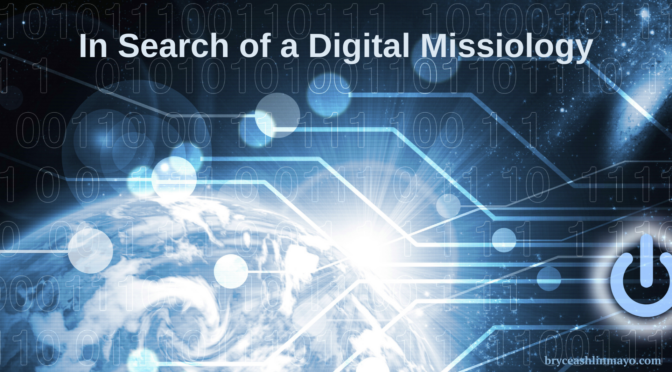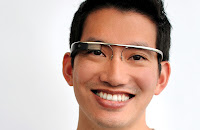The digital pivot happened fast!
Although many churches struggled with engaging digitally over the last decade, the circumstances of COVID-19 forced a change. What church leaders had been apathetic about, opposed to, or fearful of became a necessity. As a result, the church enthusiastically transitioned to digital.
The church pivoted. Although churches pivoted out of necessity, some did so without critical reflection. Even though we have become very aware of our missiological failures and the colonialism that dominated previous missionary movements, I fear we are in danger of repeating our past mistakes.
The missionary movements of the past often resulted from technological advancements that opened new mission frontiers. In the rush and excitement of these new opportunities, the church often neglected the hard work of learning the language, understanding the culture, and contextualizing the gospel.
We are in danger of making these mistakes with digital ministry!
In the rush to digital engagement, we didn’t consider the fact that digital culture is different from in-person ministry steeped in print culture. Online ministry is cross-cultural. With the same pragmatic excitement that sparked the missionary movements of old, we entered digital culture with an in-person ministry methodology. We moved Bible studies to ZOOM and we live-streamed worship gatherings. As we did, we soon discovered that the transition wasn’t as effective as we expected. We discovered that in-person is different than digital. Instead of seeking to understand and translate ministry to digital culture, adapting our methodologies accordingly, we forced them onto a digital culture. Consequently, they were ineffective and demoralizing. They demonstrated our propensity to repeat our colonial past.
In the transition to digital, some of our churches had to lay off staff. In a sad parallel to the colonial missionary movements of the past that ignored local expertise, most churches laid off their digital locals (younger staff fluent in digital culture) and kept the digital tourists (older staff unaware of digital culture). Consequently, I implore all the senior leaders who will rebuild their staff and leadership teams after the pandemic to rebuild them with digital locals and not just with digital tourists. Do not repeat our colonial past.
As the church digitally went beyond traditional borders (geographic and linguistic), it was blind to context and culture. In the same ethnocentric enthusiasm of our ancestors, many ignored the hard and difficult work of contextualization. The following are two of many examples. First, digital ministry’s strength and potential lie not only in its ability to spread wide but in its ability to go deep. Community is built and experienced differently online. Second, in digital culture, people want to be part of the content they consume. Ignoring this cultural distinctive will lead to poor engagement and a lack of effectiveness.
We need a better digital missiology!
The digital shift is not going away. People will not work, learn, shop, play and worship in the same ways again. Digital has shown its limitations, but it has also shown its capabilities. The digital mission field has opened, and it is ripe for harvest.
We are in danger of repeating our past mistakes. I want to call us, in humility, to slow down and discover a better missiology. I want to call us to learn about digital culture as we enter it on mission. To do otherwise is not simply ineffective, it is counterproductive. Digital is different and your digital ministry must be shaped accordingly.
To learn more about digital culture, Effective Online Ministry and Digital Mission:
Check out my upcoming online workshops with Ambrose University (back by popular demand) – Effective Online Ministry (October 21, November 4, November 18). Register here.
Read my recent book: Digital Mission: A Practical Guide for Ministry Online. Available now in eBook format at Amazon, Kobo, Google Play, and the Canadian Bible Society (print book available soon).







